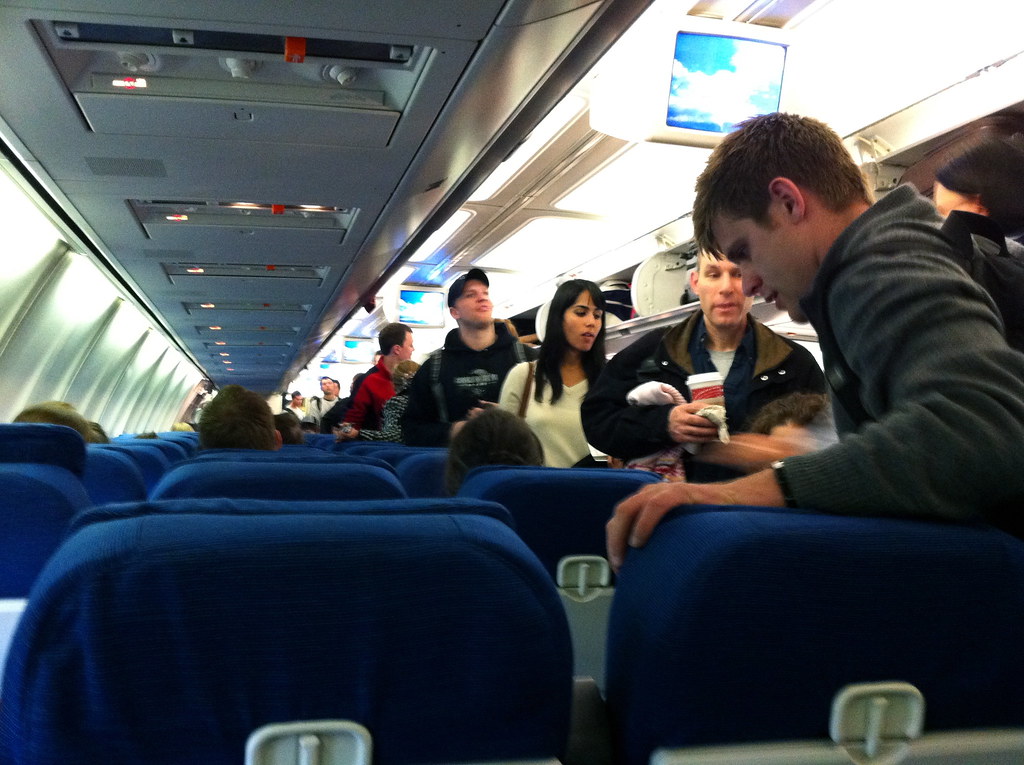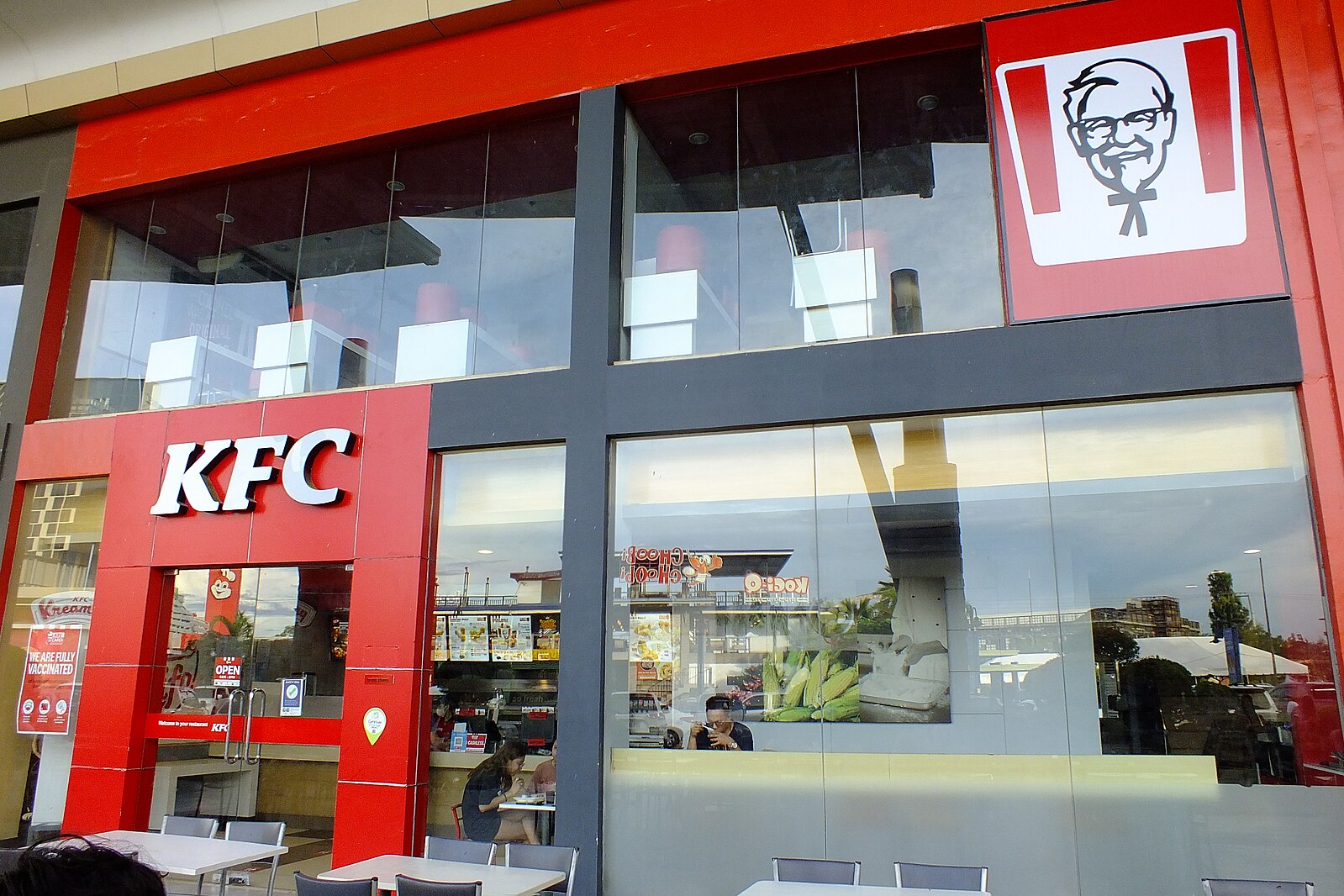The bass thumps through complimentary headphones at seat 32B while three rows ahead, a passenger spills their third gin and tonic across the narrow aisle. The sharp scent of alcohol mingles with recycled cabin air as flight attendants exchange knowing glances—another weekend flight to Ibiza has begun. According to Simple Flying and FAA data from February 2025, airlines reported over 2,102 cases of unruly passengers in 2024, representing a slight 1% increase from the 2,076 cases in 2023.
While this represents significant improvement in passenger behavior, the impact of these incidents remains substantial. U.S. Transportation Secretary Pete Buttigieg has emphasized that unruly travelers face stiff fines from the FAA and possible criminal prosecution.
Beyond alcohol-related disruptions, cabin crews now face in-flight vaping, with airlines deploying advanced detection systems and imposing fines up to $4,000 for passengers attempting to vape mid-flight.
The High Cost of High Flyers
Disruptive passengers create more than just inconvenience. Industry experts estimate that a single unruly traveler can trigger substantial expenses when accounting for flight diversions, crew overtime, and accommodations for stranded passengers.
The FAA has referred more than 310 of the most serious unruly passenger cases to the FBI since late 2021, according to official FAA reports. In one documented incident on a 2023 flight to Mallorca, a group of bachelor party celebrants repeatedly ignored seatbelt signs, verbally abused staff, and attempted to access the liquor cart directly—forcing an unscheduled landing that delayed 189 passengers by over seven hours.
Post-pandemic air travel has stabilized, but challenges remain. The FAA reports that the rate of unruly passenger incidents has dropped by over 80% since record-highs in early 2021, showing significant improvement in overall passenger conduct.
Party Destinations and the Culture Clash at 30,000 Feet
The transformation of Mediterranean islands like Ibiza and Mallorca into global party meccas has created unique aviation challenges. Flights to these destinations often carry a potent mix of revelers beginning their celebration at the departure gate. According to EU Aviation Safety, routes connecting Northern European cities to Mediterranean party destinations experience 41% more disruptive incidents than comparable flights to other leisure destinations.
This distinctive travel culture—where the journey itself becomes part of the celebration—creates tension between party-bound travelers and those flying for business or family holidays. Airlines like EasyJet have responded by deploying specialized staff on high-risk routes during peak party seasons, with flight attendants receiving enhanced training in conflict management and substance recognition.
The aviation industry’s struggle with passenger behavior comes decades after the now-infamous “1954 Flight Attendant Requirements” document resurfaced online, highlighting how dramatically airline workplace culture has evolved from an era when weight limits and marriage bans were standard practice for cabin crew
The aviation infrastructure on islands like Ibiza has also evolved, with airports developing dedicated arrival procedures for potentially disruptive groups. These measures reflect how deeply party tourism has reshaped not just destinations, but the entire travel ecosystem supporting them.
Finding Solutions in the Turbulence
Morning flights offer potential sanctuary for travelers seeking peaceful journeys, as early departures typically experience fewer disruptive incidents, according to travel experts. Seasoned travelers often consider premium cabins or airlines with stronger reputations for enforcing passenger conduct rules.
Ryanair has been particularly vocal about addressing the issue, advocating for a two-drink limit at airport bars to help curb alcohol-related incidents before passengers even board. Meanwhile, Emirates and Lufthansa have implemented comprehensive “passenger conduct” sections in their conditions of carriage, with clear consequences for violations.
For travelers concerned about disruptions, several strategies prove effective: download your airline’s app for instant rebooking options if delays occur; select seats forward of the wings where noise is reduced and flight attendants respond more quickly; carry noise-canceling headphones; and document disruptive behavior through the official DOT complaint system rather than just notifying flight attendants.
The aviation industry continues to adapt its approach to passenger management. While incidents have declined significantly since 2021, airlines and regulatory bodies remain vigilant. For travelers heading to Ibiza, Mykonos, or other party hotspots, researching flight options through established leisure carriers with experience managing these routes can make the difference between starting your vacation with a headache—or avoiding one altogether.


















